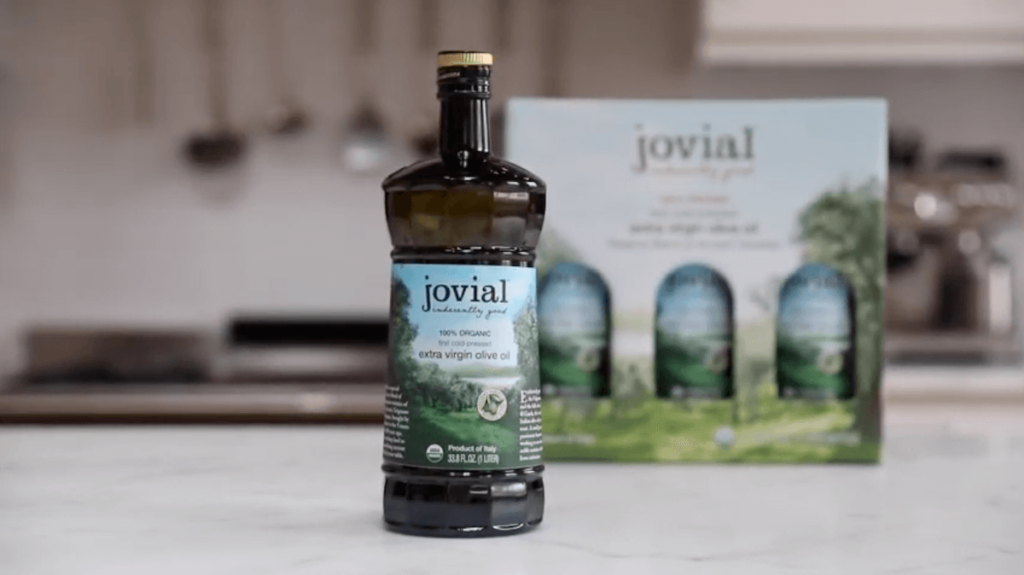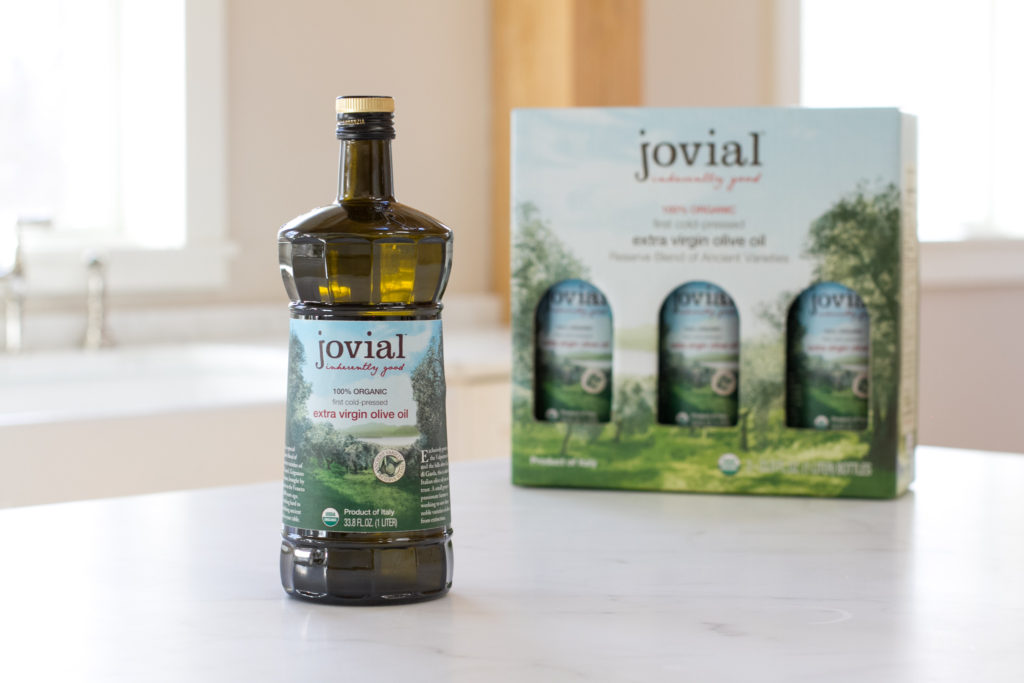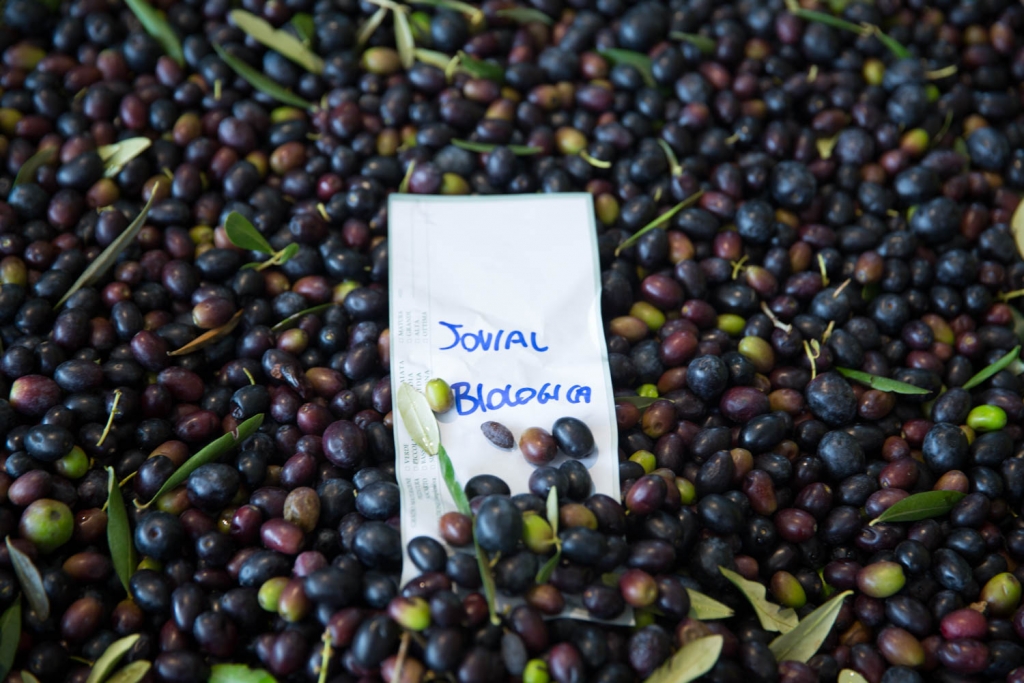Welcome to Jovial Foods at the 1685 John Randall Homestead
We’ve moved into our new home at a very special property in North Stonington, Connecticut. Our grand opening ceremony took place on November 3, 2016 and although we could not invite our customers, you were all with us in spirit on this great day in our company history. We are thrilled to share pictures of the event and our staff, and a video of this memorable day.
For those of you who are not familiar with the Randall family history, John Randall I was part of a very prominent family from England that came to the New World in 1667. His uncle, Sir William Morton, was a founder of New London. In 1680 John Randall purchased the land in North Stonington and five years later, the family built the home that still stands on the property. The Randall family were known as Abolitionists and this property was part of the Freedom Trail, as well as being listed on the National Register of Historic Places. In the 1980’s, Bill and Cindy Clark purchased the property and opened Randall’s Ordinary, a well-known restaurant and inn that featured traditional hearth cooking.
The new jovial office building is timber frame construction, made of white oak that was sourced from Southern New England and using no screws or nails, following in the same tradition as the historic buildings on the property. There are about 10,000 board feet of timber in the building and 200 individual timbers. The frames were constructed on site and on a very rainy day, the structure was pegged together in the old New England tradition of raising the barn. The wood inside and outside the building was not treated and will age naturally over time. The framing of the exterior walls and subfloor of the office were constructed the old-fashioned way, using diagonally hung 1 x 12-inch knotty pine boards, avoiding the use of OSB panels. Formaldehyde-free insulation was utilized in the building. The floors are also made of white oak, sourced locally, and cut quarter sawn to bring out the beautiful grain of the wood.
Carla found an artisan in Florence to construct the steel-framed doors of each room, to give the office an open feel. Two antique pieces from Florence furnish the conference room, including an 18th century table that seats 16 and a larder made from larch wood. Our new test kitchen, where recipes and cooking videos will be developed, was made outside of Venice and is 100% solid wood. The type of Carrara marble used for the countertops is called statuario, very white with very little but distinct grey veining, the same type of marble that Michelangelo used to carve the statue of David.
The warehouse was built partially underground into the natural slope of the land so the side facing the historic farm is not as tall. The building was placed at the front part of the property to keep it’s distance from the back, an area filled with ledge, that meant 18,000 tons of rock had to be blasted and removed before construction began in August of 2015. The warehouse is heated with radiant heat and 5 miles of tubing runs under the slab. It took 1,150 sheets of 10’ sheetrock, 60,000 drywall screws, and more than 6000 pounds of joint compound for the interior walls. Carla chose Hardie Board batten siding because she wanted the exterior to resemble a barn. All of the jovial products are stored and shipped from this location to you.
We all feel blessed to view such a significant part of American history right out of the windows of our workplace each day. In the years to come, we will be carefully renovating the three historic buildings on the property. We look forward to the day when we can welcome the community back and the historic John Randall home will be full of life again.






Hope to visit sometime soon.
You have inspired me to create great loaves from einkorn.
Out of curiosity, did the building that served as the inn have to be torn down? I didn't see it in the video. It's a shame that it was neglected for so long, I would imagine that as a result it wasn't financially effective to restore.